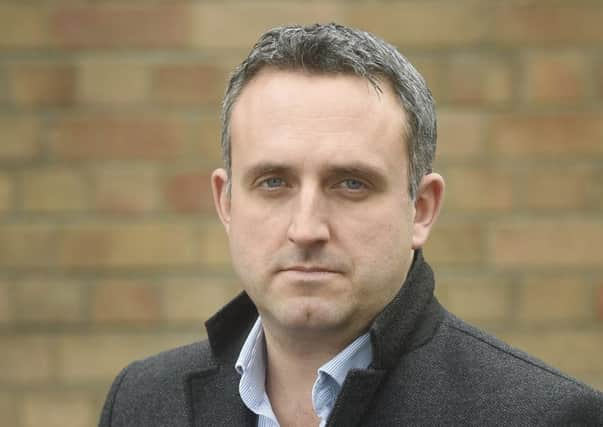Alex Cole-Hamilton: A life lived on my terms, a departure from it on my terms


Such a passing is not afforded to everyone, however, and I grieve for those families who have seen their loved ones struggle in pain, indignity and distress for protracted periods before the end. Public policy change around end of life care remains one of the hottest political potatoes out there and to my mind we’re still not getting it right.
As rights based societies go, Scotland is doing pretty well – we are moving ever forward in the rights we embed and extend to marginalised groups, in hearing the voice of children in decision making, in bringing meaningful equality closer for women and the LGBT+ community. We make policy from a rights-based perspective for every part of the human experience, save one. So I’m just going to come out and say this.
We need the right to die.
Advertisement
Hide AdAdvertisement
Hide AdIf we reach the limit of human endurance, if the pain goes beyond the grasp of palliative care; we should have the human right to say: “this far and no further” and be assisted, with proper safeguards to take such steps as necessary to quit this life in dignity.
The Scottish Parliament has grappled with this previously, attempts to change the law have failed. But on this, our nation’s parliament is wildly out of step with public opinion. Nearly two thirds of Scottish citizens back the concept of mercy at the end via assisted dying for those suffering. Nevertheless, the choices available to you around your departure from this life are severely restricted.
Certainly we can make a limited number of “advance directives” – which are part of anticipatory care planning – “if this happens to me and I’m unable to speak I don’t want this or that medical intervention”. The most common of these might be the “Do Not Resuscitate” order. I was shocked to learn how many times DNRs are disregarded. Clinicians may decide that circumstances have changed, or that there may be another treatment route as yet unexplored. Put simply, the patchwork of policies governing end of life care lack a vital ingredient.
Now don’t get me wrong, the palliative care available to us is awesome. The people who dispense it are heaven sent; in the majority of situations it offers quiet relief and dignity at the end.
Advertisement
Hide AdAdvertisement
Hide AdI’m not advocating that we need to replace that – only that we add one, final tool to the arsenal of interventions available in those last stages. In the more permissive regions in the US and several countries in Europe where this is the norm, just having this option is a great comfort and is surprisingly seldom used, but it’s there if you need it.
From birth, we do human rights and their observance well in this country, but your autonomy runs out when it comes to the manner of your passing. Should I find myself in that terrible situation, as I’ve lived this life on my terms, I would wish my departure from it to be on my terms as well.